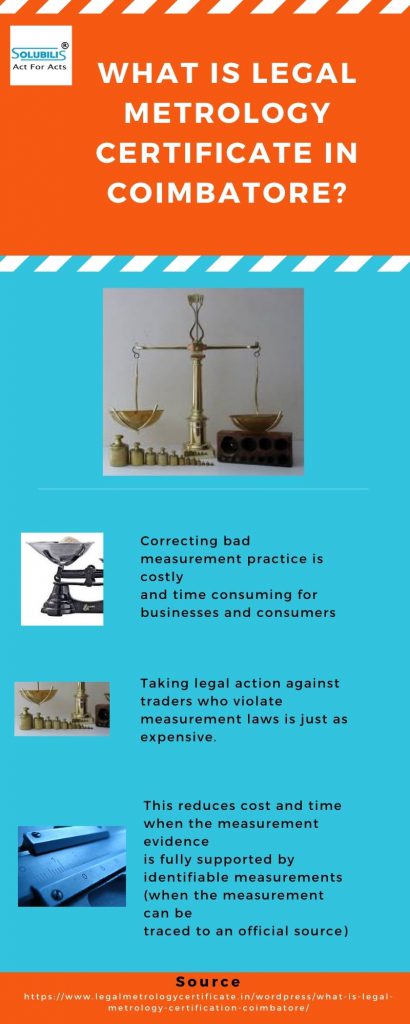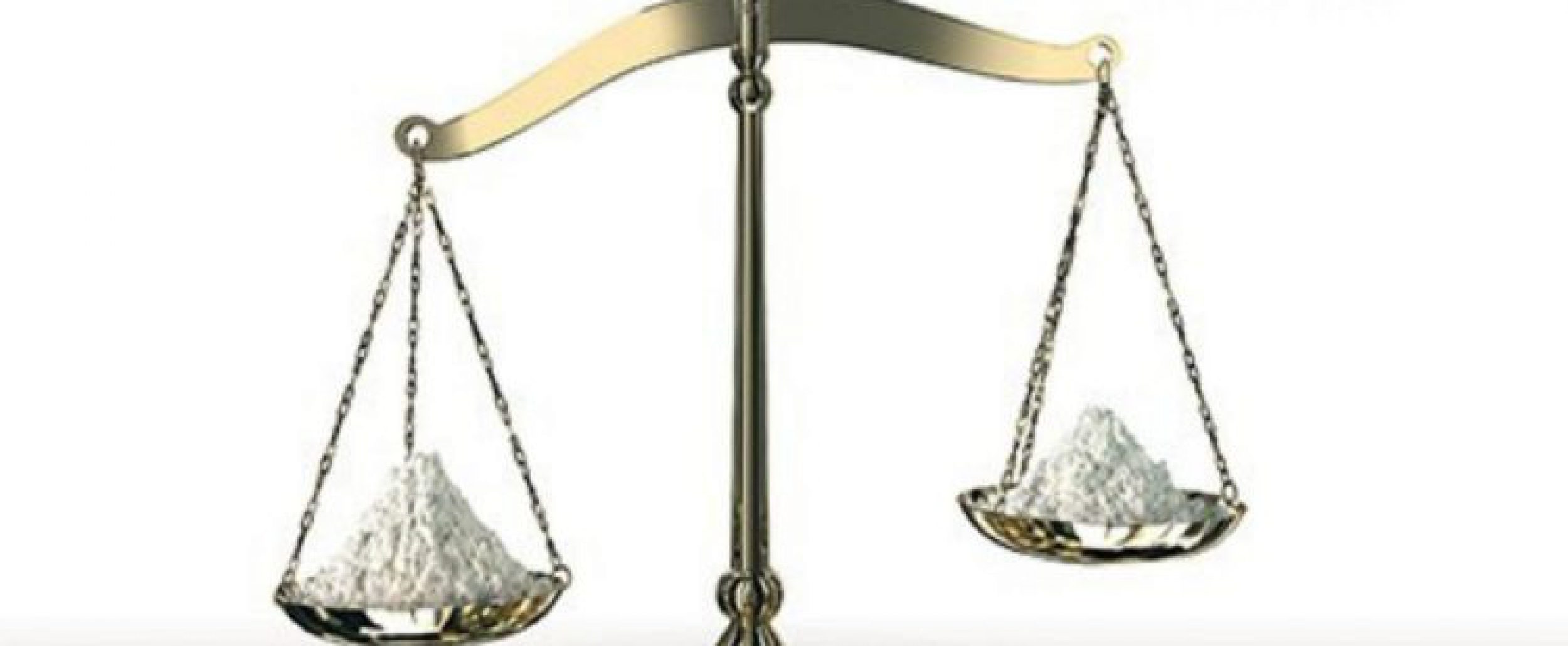What is Legal metrology certification in Coimbatore?

TALK TO EXPERTS
Legal Metrology is a division of the Consumer Affairs Division, which came into force in 2009 and deals with the manufacture, import and supervision and control of weighing, measuring instruments and equipment and legal metrology certification. Solubilis assists manufacturers and importers in weighing and measuring tools and equipment to establish their organization and obtain appropriate licenses and approvals for marketing their products. The legal metrology certificate obtained through Legal Metrology Division falls under the Consumer Affairs, Food and Public Distribution Division of the Government of India, which regulates weights and measures.
Weight and Measurement laws
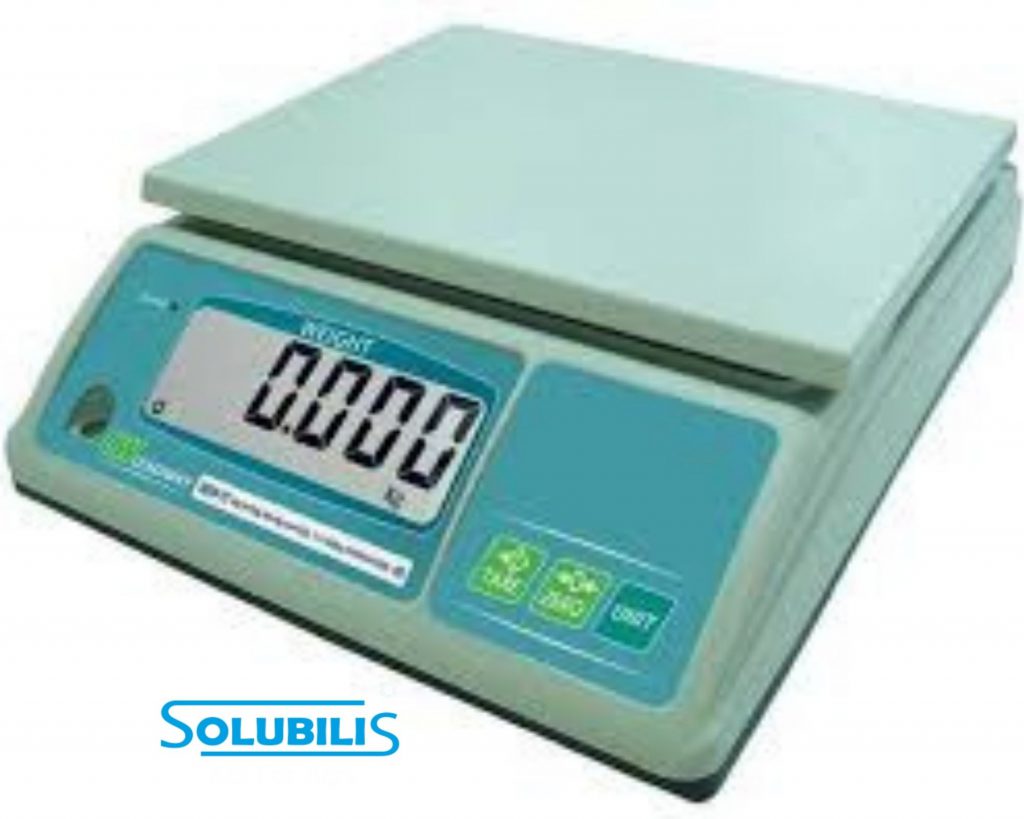
It uniformly enforces standards and related topics in legal metrology across the country. Government implemented:
- Legal Metrology Act, 2000 2. The Legal Metrology (Packaged Commodities) Rules, 2011, 3. Again Legal Metrology (General) Rules, 2011, 4. Again the Legal Metrology (Models Approval) Rules, 2011, 5. Also Legal Metrology (National Standards) Rules, 2011, 6. Also the Legal Metrology (Numerical) Rules, 2011, 7. And Legal Metrology (Government Approved Center) Rules 2013, 8. Indian Institute of Legal Metrology Rules, 2011, 9. And also the Delhi Legal Metrology (Enforcement) Rules, 2011.
Each weights and measures used by the dealer will be stamped by the Weights and Measures Department after proper verification, with a special stamp indicating the identity of the Legal Metrology Officer and the quarter on which it is certified. The validity of such stamped weights is two years, while in the case of counter / beam / electronic balance / platform scale it is one year. Dispensing Unit, Weight Bridge Verification Certificate issued to the customer. It is necessary to have the display at the clear place by the trader / user.
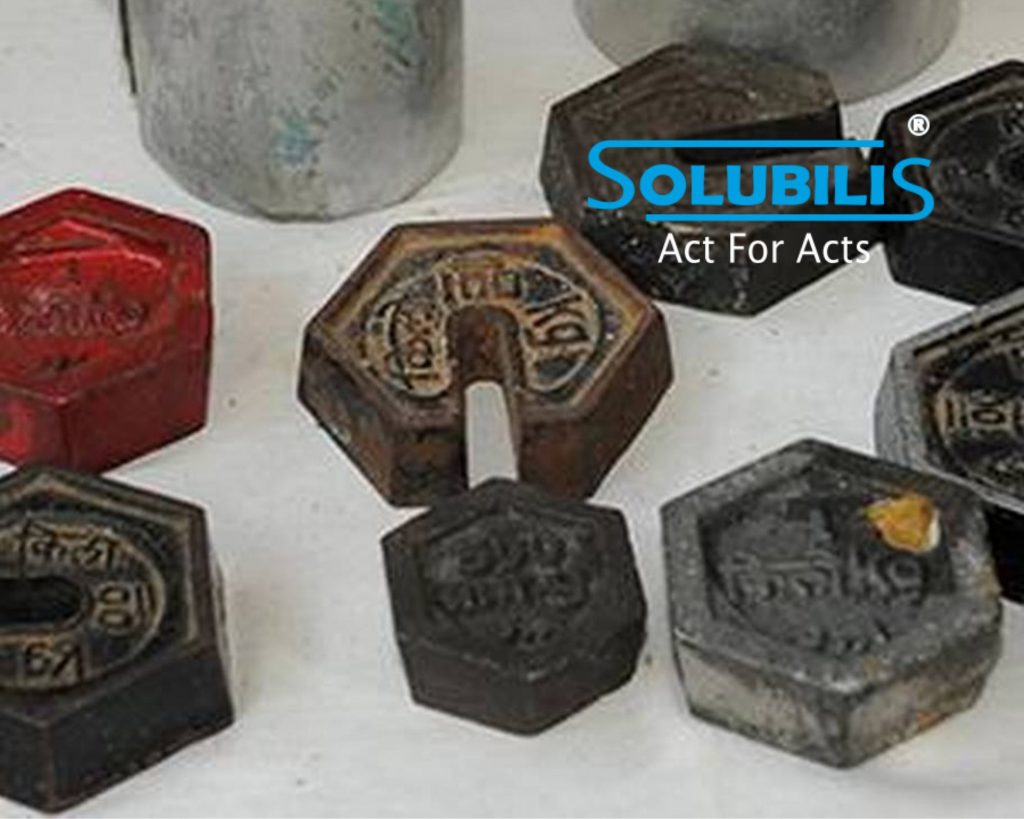
Process of verification or stamping of weighing
The steps of verification / stamping of weighing and measuring instruments used by commercial companies are given as follows: In case of new weights & measuring instruments:
- The manufacturer of weighing and measuring equipment is responsible for initial stamping of the manufactured equipment in r / o before it has its sale in the market.
- The manufacturer or his authorized representative shall bring the weighing and measuring instruments to the relevant zonal / district laboratory of the W&M department on laboratory days.
- These items have the count and have inspection by the manual assistant at the entrance of the laboratory / district office and these items have issuance a gate pass in r / o.
- The fees necessary for stamping / certification then had deposit by the manufacturer or his authorized representative at the cash counter.
- After the fee has credit, the weighing and measuring instruments have the test in the laboratory for their accuracy.
- If these instruments are found to be within their accuracy limits, they shall be stamped by the relevant Legal Metrology Officer and Legal metrology certification of the instruments which have passed the accuracy test shall be given in r / o. The Legal Metrology Officer’s stamp shows the ID number of the LMO, the year of stamping and the quarter in which the instrument had stamp (ie A, B, C, D). Furthermore, the certification document states the verification / stamping date, next expiration date, type & class of device verified and its maximum allowable error.
- Devices that fail accuracy tests are rejected by the relevant Legal Metrology Officer and the Legal metrology manufacturer is asked to correct them before stamping them.
- Items removed from the zonal / district laboratory only after submission by the issuing gate pass manufacturer or his representative.
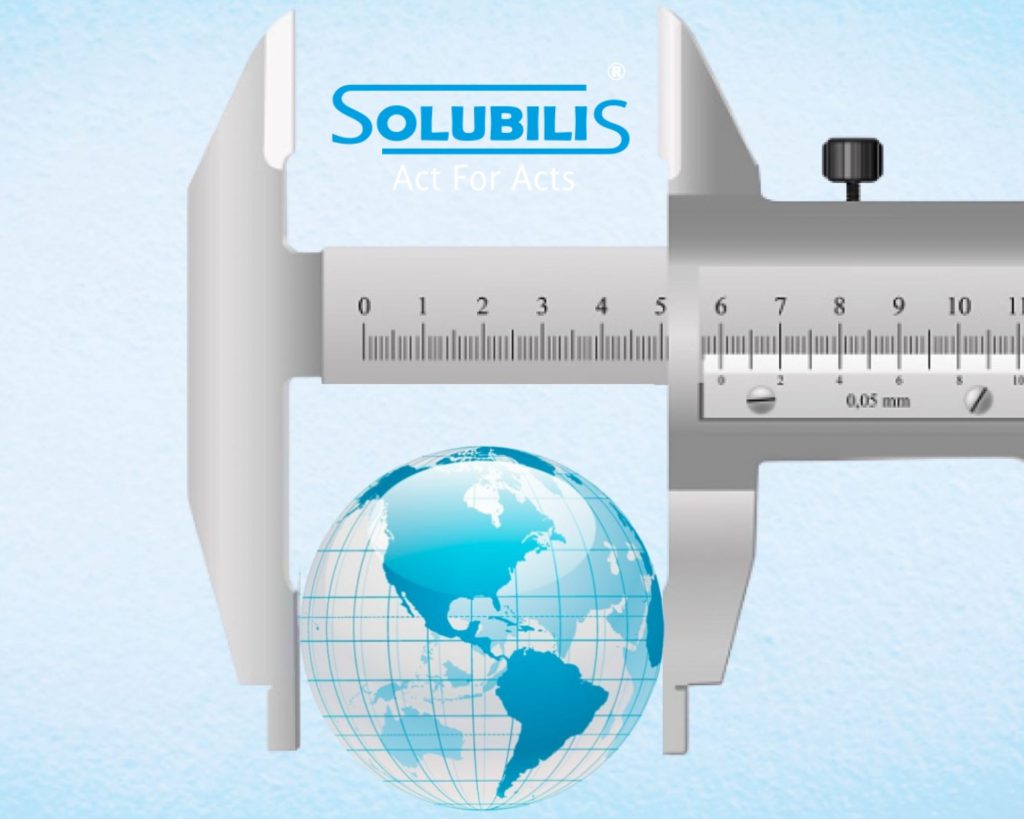
FAQ
1. Stamps for declaration?
There are no provisions specifically prohibiting the use of stamping to make declarations. An earlier provision of Rule 6 (1) (d) [10] stated that the manufacturer could indicate the month and year using a rubber stamp. This provision has since been removed for unknown reasons [11]. Rule 9 (1) (b) However the numbers of the retail sale price. And net quantity declaration must be in, written or print. In connection with the above statements, it may be an indication that stamping is has no permission.
2. Labels for declaration?
Not all manufacturers and traders have preparation to advertise on the artwork of the packaging; which requires significant investment and printing costs; which the manufacturer or packer would like to understand.
The costs associated with adhesive labels on a product are significantly lower and require less investment. Hence the labeling on the product for the purpose of advertising. However, this is possible through a negative right.
The regulations state that the application of personal stickers [9] on the package to change or advertise is not permitted. This provision does not allow Prima Face to allow a party to make personal statements through labels; as a correlation it allows all mandatory advertising to be under a single label.
3. To grant authority who is the competent authority?
The Department of Legal Metrology is the competent authority to grant a controller license. The application for the license must be submitted to the Inspector of Legal Metrology, who will inspect the institution and recommend it to the Controller of Legal Metrology for consideration.
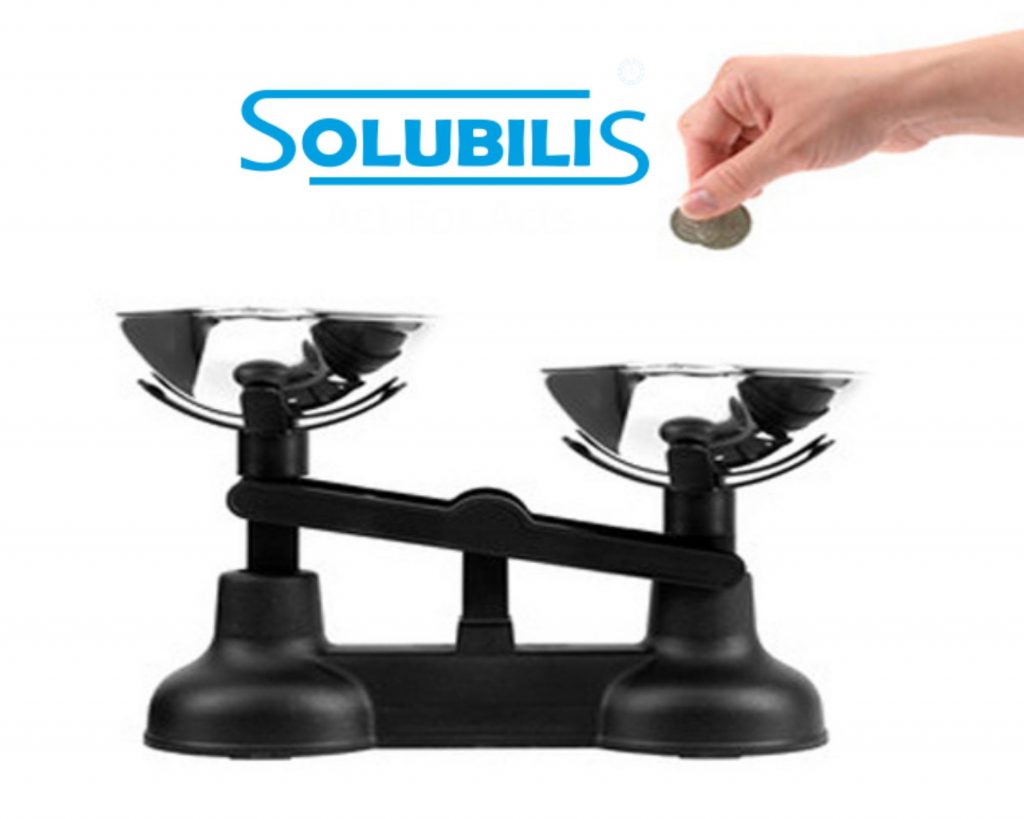
4. Define Calibration
Calibration is the process of understanding all the operations necessary for the purpose of determining the value of weight.
If necessary, verifying and stamping the capacity of the vehicle tank or its compartment to determine other meteorological features.
Such weights or measures may also include actual fixing of the position of the gauge marks. It happens with the intention of allowing weights or measurements to have usage as standard.
5. Benefits of legal metrology certificate to the Economy
Correcting bad measurement practice is costly and time consuming for businesses and consumers. Taking legal action against traders who violate measurement laws is just as expensive. This reduces cost and time when the measurement evidence has full support by measurements.
In court. When all parties are confident that the measurement is correct, it will have acceptance as true. Measurements made outside the legal metrology framework are often challenging and costly to industry and consumers.
